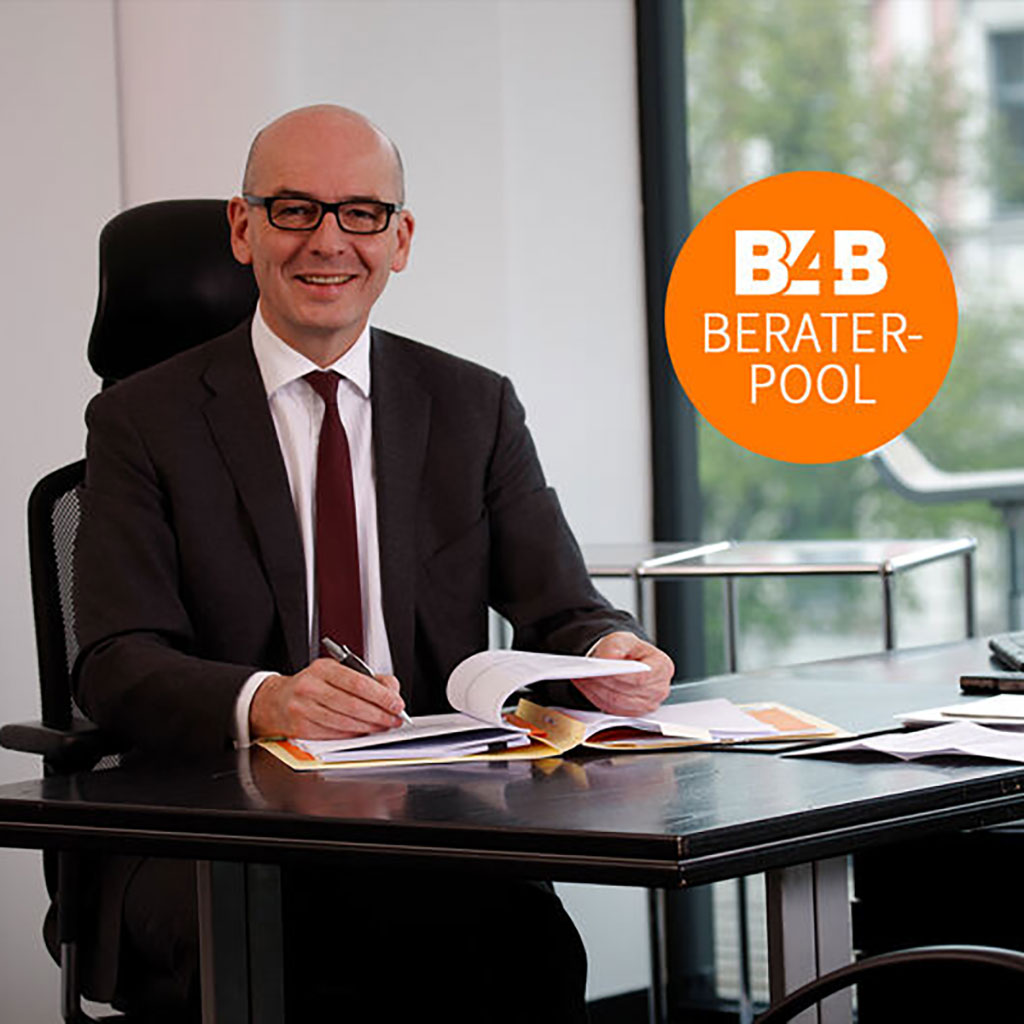According to the German Trademark Act, which applies in substantive law to the entire European Union, all signs, in particular words including personal names, images, letters, numbers, sound signs, three-dimensional designs including the shape of a product or its packaging, as well as other get-ups including colors and color combinations, which are capable of distinguishing the goods or services of one company from those of other companies can be protected. Furthermore, the marks must be distinctive of the goods or services claimed and must not be descriptive indications which may serve, for example, to designate the kind, quality, quantity, intended purpose, value, geographical origin, the time of production of the goods or of rendering of the services, or to designate other characteristics.
Müller, Meier, Huber: a trademark search is worthwhile for “commonplace surnames
According to German and European harmonized law, personal names – and thus also “commonplace surnames” – are in principle registrable as trademarks, provided that the other requirements for protection are met. For example, the surname “Müller” can be protected without further ado for a construction company or clothing items, but not for the operation of a mill or flour. Apart from such exceptional cases, however, surnames can generally be registered under trademark law. However, in the case of “commonplace surnames”, it is strongly advisable to carry out a trademark search beforehand to ensure that the same or a similar name has not already been registered by a third party for the same or similar goods and services and thus to avoid trademark infringement. Even if you yourself are the bearer of the protected name and thus naturally have the right to use it as a proper name, you may not use it as a trademark and register it without further ado if a third party has older, relevant trademark rights.
Different rules apply in the USA and Canada
It is generally no longer necessary to indicate the industry in a trademark name. With the trademark application, it is only required to indicate those goods and services for which trademark protection is claimed. The costs of the application are based on the number of classes of goods and services designated. The above statements apply to Germany and the European Union. In other countries, such as the USA and Canada, commonplace surnames cannot be registered as trademarks.
Since in the case of “commonplace surnames” several trademark rights can often collide, namely trademark rights, company designations and proper names as well as possibly Internet domains, it is always advisable to obtain legal advice in such a case.
Do you have any questions for patent expert Dr. Bertram Rapp, or would you like more in-depth advice?

